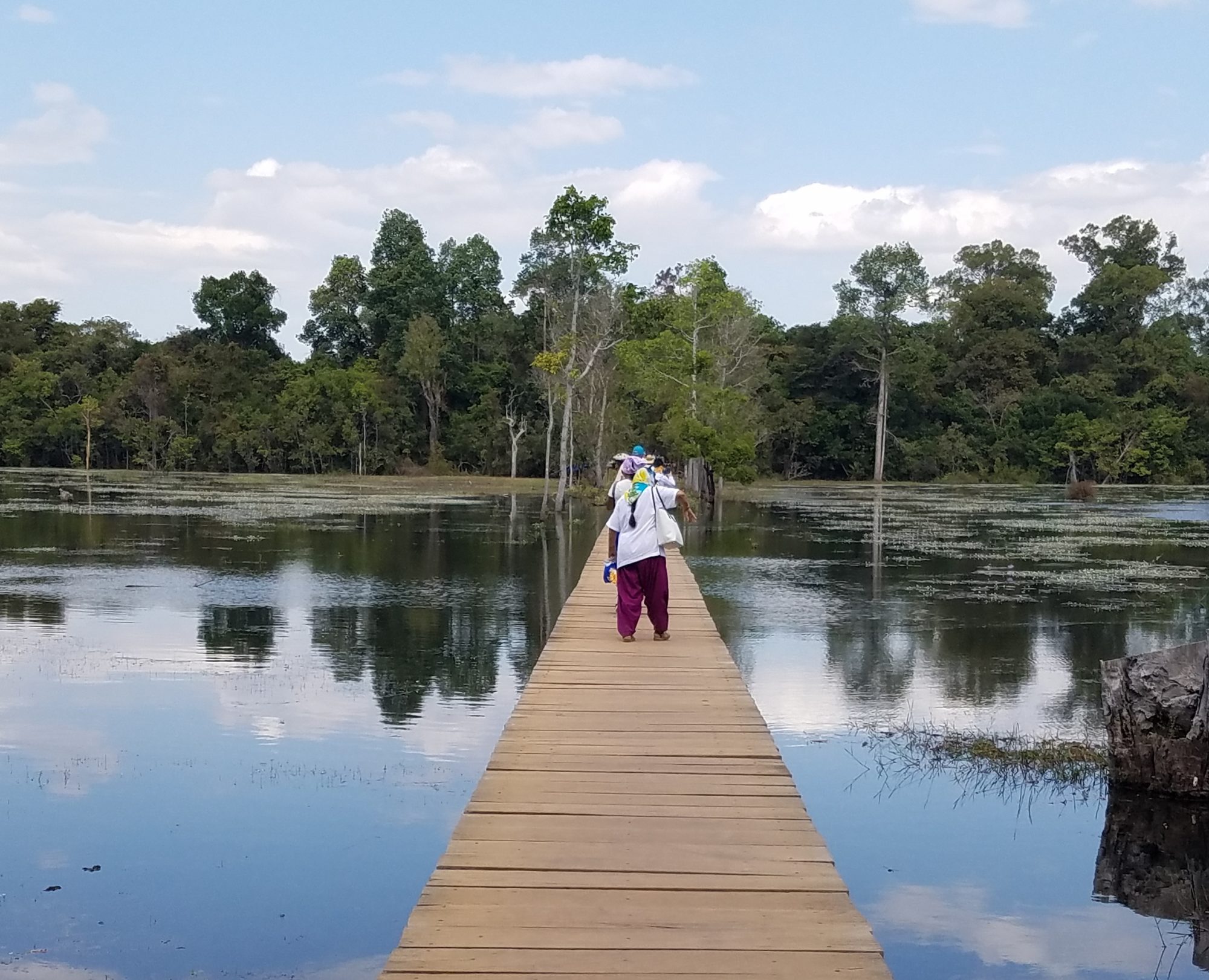With everything going on back home in the States over the past two weeks, I wanted to relay a conversation I had about racism with a Chinese colleague. From what I’ve experienced in Asia, racism is much more out in the open here. Many Chinese and Koreans will readily admit that they hate the Japanese, as one example. And some Cambodian and Vietnamese have told me multiple times that they hate the Chinese after telling them that I live in China. This obviously isn’t everyone and the younger generation is getting much better at moving past racist stereotypes and accepting people outside of their culture but, unfortunately, it is accepted in public much more openly than in the U.S.
With that in mind, the following is a conversation I had with a Chinese coworker. For the purposes of the story, we’ll call him “Steve.” Steve was educated in the UK, where he graduated with a math degree from a prestigious university. He was in his late 20s at the time and an otherwise well-rounded and intelligent guy.
Steve: “Tom, are you a racist?”
Yes, this is how the conversation started. We weren’t talking previously. He approached me at work and led with that.
Tom: “Um, no. I don’t think I am.”
Steve: “Americans always say that, but Chinese are different.”
Tom: “Are you a racist.”
Steve: “Yes. I hate Koreans, Japanese, and Indians.”
He was almost proud of it when he told me. Koreans and Japanese are pretty standard responses for Chinese to hate but Indians confused me a bit.
Tom: “Why Indians?”
Steve: “When I was at University in the UK, I lived next to three Indians. They were always very loud and the hallway always smelled like curry because of them.”
Tom: “Well, let’s put aside that there are definitely cultural differences between Chinese and Indians. Let’s pretend that these three Indians were complete assholes. All three of them – asshole, asshole, asshole. You do know there are over a billion Indians in the world, right? And as a guy with a math degree, do you think three is a large enough sample size to judge a billion people?”
Steve: “That’s a good point.”
Tom: “And you know Aarthi (a mutual friend) is Indian, right?”
Steve: “That’s true. And I like her just fine.”
Tom: “See it doesn’t make sense to hate a whole group of people just because of a couple of assholes.”
Steve: “You know, I used to hate black people before I knew any. But then I met two black guys at university who were both really good guys.”
Honestly, at this point, I felt like I was talking to an 8-year-old, but like I said this a well-educated, otherwise intelligent guy. It just goes to show how ingrained racism can be, especially in a place where it’s not looked at shamefully.
Tom: “Also, look at Rich (another mutual friend who is black).”
Steve: “Yeah, Rich is a good guy. So all the black people I’ve known have been cool.”
Tom: “True, but the next one you meet might be an asshole. But that doesn’t mean anything more than that guy is an asshole. Don’t get racist on black people because of him.”
Steve: “Okay, you make some good points. I still hate Koreans and Japanese, though.”
And with that, he turned and walked away, leaving me baffled and trying to wrap my brain around our two-minute conversation. There was no context for it. It was apropos of nothing. He literally walked in the room, came up to me, had this conversation, and walked out. It was definitely something he had been thinking about and I still wonder what the impetus to this conversation was.
Obviously, this conversation in no way is meant to address the bigger problems of systemic racism in the U.S. It’s just as obvious that there needs to be major changes in the institution of policing in the US. Personally, I’ve long thought that we need to reform the influence that police unions have, as well as civil asset forfeiture, quotas, and qualified immunity. I hope that some good is able to come out of the dissension we’ve seen, not just in the last two weeks but in the last several decades, as this is not a new issue.
I have several friends in the law enforcement community. A few of them have told me about how they have tried to address problems in discrimination and policing tactics from the inside and that it is virtually impossible. This institutional change has to come externally. We need to put pressure on our elected officials and do so consistently until it is fixed, not just every time a black life is taken.
The other day, I witnessed a parking cop ticketing a police car that was parked illegally. At first, I just laughed at the absurdity but then something even more bizarre happened. The police officer whose car was being ticketed came running out of the government building he was in. I expected him to tear into this much younger parking cop for daring to ticket him. Instead, though, he pleaded with him. He told him that he would move his car immediately and asked him to please not ticket him. The parking cop refused and wrote the ticket. What I saw wasn’t unusual for China. Here, as in many Asian countries that I’ve seen first-hand, the police aren’t above the law. Sure, they may still be corrupt, ineffectual, or lazy, but they still have to pay parking tickets, even if it’s for their police cruiser. Could you see the same thing happening in the States?
